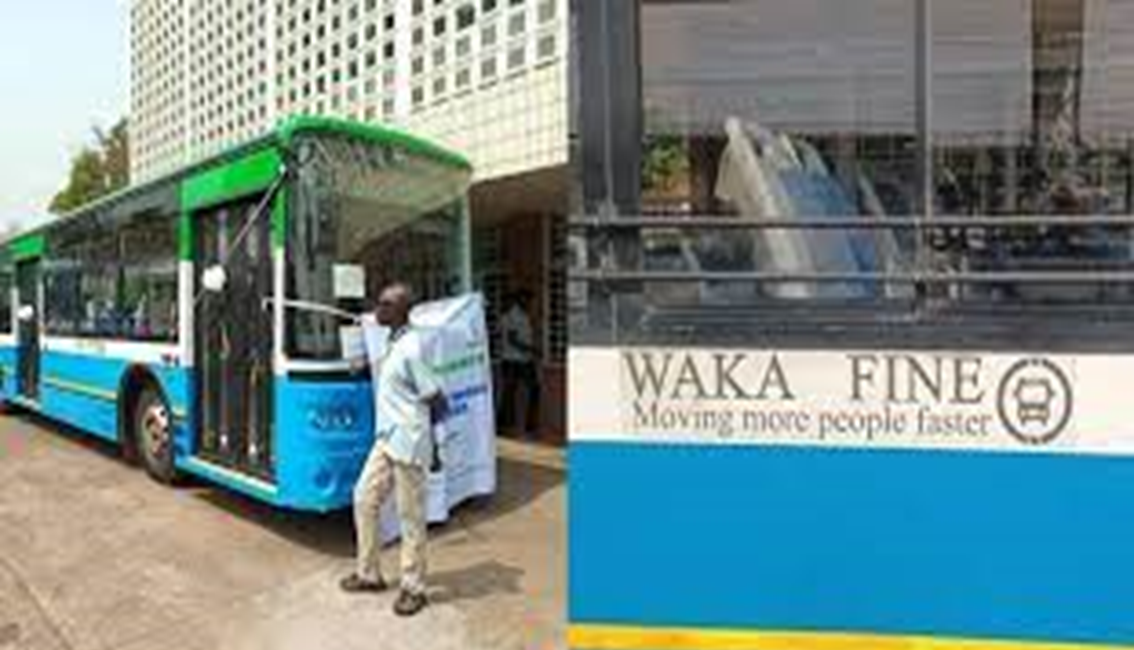By Sulaiman Aruna Sesay
Sierra Leone’s Government had shifted all commercial vehicles from New Road to Old Road till 12 pm to make way for private ‘Waka Fine’ buses. This decision has sparked controversy and raised questions about the government’s priorities and motives. One of the main arguments in favour of this decision is that the government is attempting to improve public transportation and reduce traffic congestion in the city. Proponents of the plan believe that prioritizing private ‘Waka Fine’ buses will lead to more efficient and effective transportation for Sierra Leoneans.
This decision has had significant implications for commercial drivers who depend on their vehicles to make a living. The policy has caused significant disruptions to their livelihoods, and many are concerned about the impact that this plan will have on their business.
Critics have argued that the government has not provided adequate notice or consultation for the commercial drivers affected by this plan. Additionally, some have raised concerns about the potential for corruption and a lack of transparency in the allocation of routes and licenses to private operators.
More constructively, the Sierra Leonean government should take into account the effects of its policies on all stakeholders, including commercial drivers and passengers. It is crucial to incorporate their interests and ensure that their voices are heard in any decision-making process. The already taken decision has led to the slow in movement in the morning.
As a result of poor road network at old road and the jam-packed traffic at that end.
Additionally, it is important to provide clear and transparent guidelines for the allocation of routes and licenses to private operators to avoid favouritism, corruption, and prevent a monopoly in the market.
The government should invest in a comprehensive public transportation system that includes both private and commercial operators. Such a model can be seen in other African countries like Ghana and South Africa, where both government-owned and privately owned buses work coherently.
The Sierra Leonean Government’s prioritizing of Private “Waka Fine” buses over commercial vehicles from New Road to Old Road till 12pm is a decision that requires a lot of well-thought-out planning, consultation with stakeholders and regulation to back up. While there may be valid reasons to prioritize private buses, it is vital to ensure that all stakeholders, including commercial drivers and passengers, are not left out of the decision-making process. This way, sustainable progress and development can occur in Sierra Leone’s transportation system.










